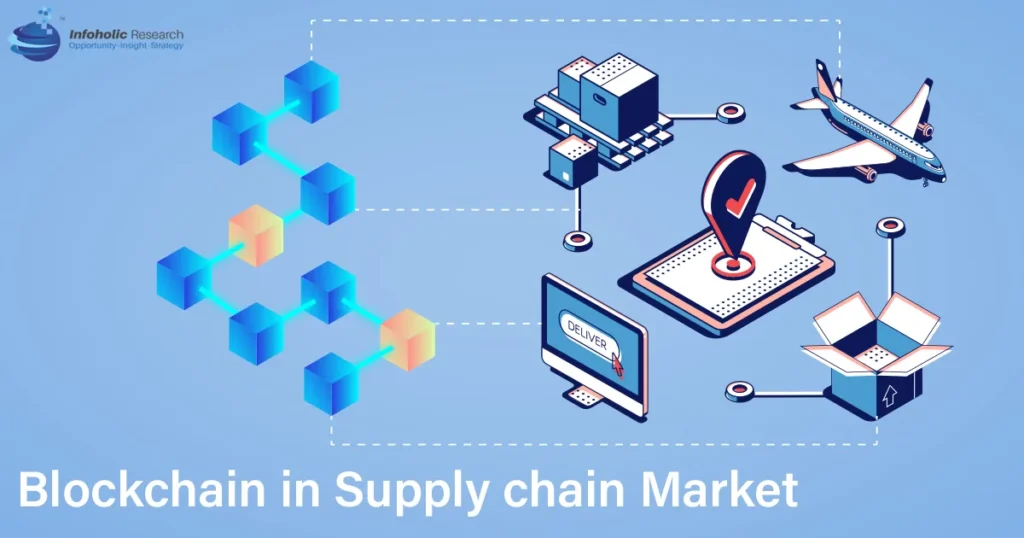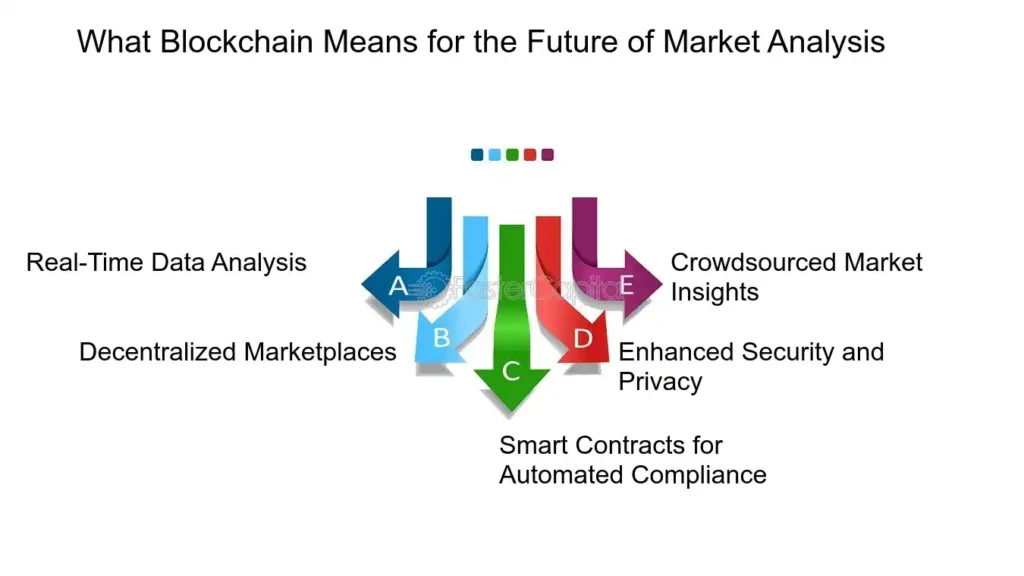The Blockchain Impact on Markets is reshaping the landscape of both B2C (Business-to-Consumer) and C2C (Consumer-to-Consumer) markets. As the world moves towards decentralized technologies, understanding how blockchain influences market dynamics is crucial. This article explores five powerful insights into the blockchain impact on markets, showcasing its potential to enhance transparency, security, and efficiency across various transactions.
1. Understanding Blockchain Technology
Before discussing the blockchain impact on markets, it’s important to define what blockchain technology is. Blockchain is a decentralized, distributed ledger that securely records transactions across multiple computers. Here are key characteristics:
- Decentralization: Unlike traditional databases controlled by single entities, blockchain operates on a peer-to-peer network, enhancing security and reducing reliance on intermediaries.
- Transparency: All transactions are recorded on the blockchain, accessible to participants, fostering trust.
- Immutability: Once recorded, transactions cannot be altered or deleted, ensuring data integrity and preventing fraud.
These features make blockchain technology invaluable in the evolving landscape of B2C and C2C markets.
2. The B2C Market Revolutionized by Blockchain
The blockchain impact on markets is particularly pronounced in the B2C sector. Here are five ways blockchain is transforming B2C transactions:
2.1 Enhanced Trust and Security
Consumers are increasingly concerned about data privacy and security. By leveraging blockchain technology, businesses can offer enhanced security features:
- Secure Payment Processing: Blockchain enables secure and instant payment processing without intermediaries, reducing the risk of fraud.
- Data Privacy: Customers can control their personal information, sharing only what is necessary for transactions.
2.2 Streamlined Supply Chains
Blockchain technology improves supply chain transparency by allowing consumers to track products from source to shelf. This capability builds trust and accountability among consumers:
- Informed Purchasing Decisions: Customers can verify the authenticity and ethical sourcing of products.
- Reduced Counterfeiting: Tracking products through the supply chain minimizes the risk of counterfeit goods.
2.3 Smart Contracts
Smart contracts are self-executing contracts with terms directly written into code. In the B2C market, smart contracts facilitate:
- Automated Transactions: Transactions can occur automatically once predetermined conditions are met, eliminating intermediaries.
- Dispute Resolution: Smart contracts can include clauses for resolving conflicts, providing a clear framework.
3. C2C Market Empowerment through Blockchain
The blockchain impact on markets extends to the C2C sector, where individuals transact directly with one another. Blockchain technology fosters a more efficient and trustworthy C2C environment:
3.1 Reduced Transaction Costs
By eliminating intermediaries, blockchain technology significantly reduces transaction fees. This benefit is particularly appealing in C2C transactions:
- Peer-to-Peer Payments: Individuals can send and receive payments directly, avoiding high fees associated with traditional payment processors.
- Lower Market Entry Barriers: This reduction in costs encourages more individuals to participate in C2C transactions, fostering a vibrant marketplace.
3.2 Enhanced Privacy and Security
Blockchain technology offers a secure framework for C2C transactions, ensuring:
- User Anonymity: Users can transact without revealing their identities, maintaining their privacy.
- Fraud Prevention: The immutable nature of blockchain records reduces the likelihood of fraud in C2C transactions.
3.3 Trustless Transactions
Blockchain allows users to engage in transactions without the need for trust in the other party. This capability is vital in the C2C market:
- Verification of Transactions: Blockchain verifies all transactions, providing an objective record for both parties.
- Reputation Systems: Decentralized reputation systems can be implemented on the blockchain, enabling users to assess the trustworthiness of potential trading partners.
4. Case Studies: Real-World Applications of Blockchain in B2C and C2C Markets
Several companies have successfully integrated blockchain technology into their B2C and C2C operations. These case studies illustrate the blockchain impact on markets:
4.1 Case Study 1: Walmart and Supply Chain Transparency
Walmart has implemented blockchain technology to enhance transparency in its supply chain. By using blockchain, Walmart can:
- Track the origin of products in real time, allowing customers to make informed decisions.
- Reduce the time it takes to trace contaminated products, improving food safety.
4.2 Case Study 2: OpenBazaar in C2C Transactions
OpenBazaar is a decentralized marketplace that facilitates C2C transactions using blockchain technology. Key features include:
- Zero Transaction Fees: OpenBazaar enables peer-to-peer transactions without charging fees, making it a cost-effective platform.
- User-Controlled Payments: Buyers and sellers can negotiate payments directly, enhancing the user experience.
5. Challenges and Future Prospects of Blockchain in B2C and C2C Markets
While the blockchain impact on markets is overwhelmingly positive, several challenges must be addressed for broader adoption:
5.1 Scalability Issues
As the number of transactions increases, blockchain networks can face scalability issues. Solutions such as:
- Layer 2 scaling solutions
- Upgrading blockchain protocols
These can help improve transaction throughput and efficiency.
5.2 Regulatory Concerns
The regulatory landscape surrounding blockchain technology is still evolving. Businesses must navigate these regulations to ensure compliance while leveraging blockchain advantages.
5.3 User Adoption and Education
For blockchain to realize its full potential in B2C and C2C markets, increased user education is essential. Initiatives to raise awareness about blockchain benefits and how to use it can drive adoption.
Conclusion
In summary, the blockchain impact on markets is significant, particularly within B2C and C2C sectors. From enhancing security and transparency to enabling cost-effective transactions, blockchain technology is reshaping how businesses and consumers interact. As the technology matures and overcomes current challenges, its influence on B2C and C2C markets will only grow, paving the way for innovative solutions and improved customer experiences.



